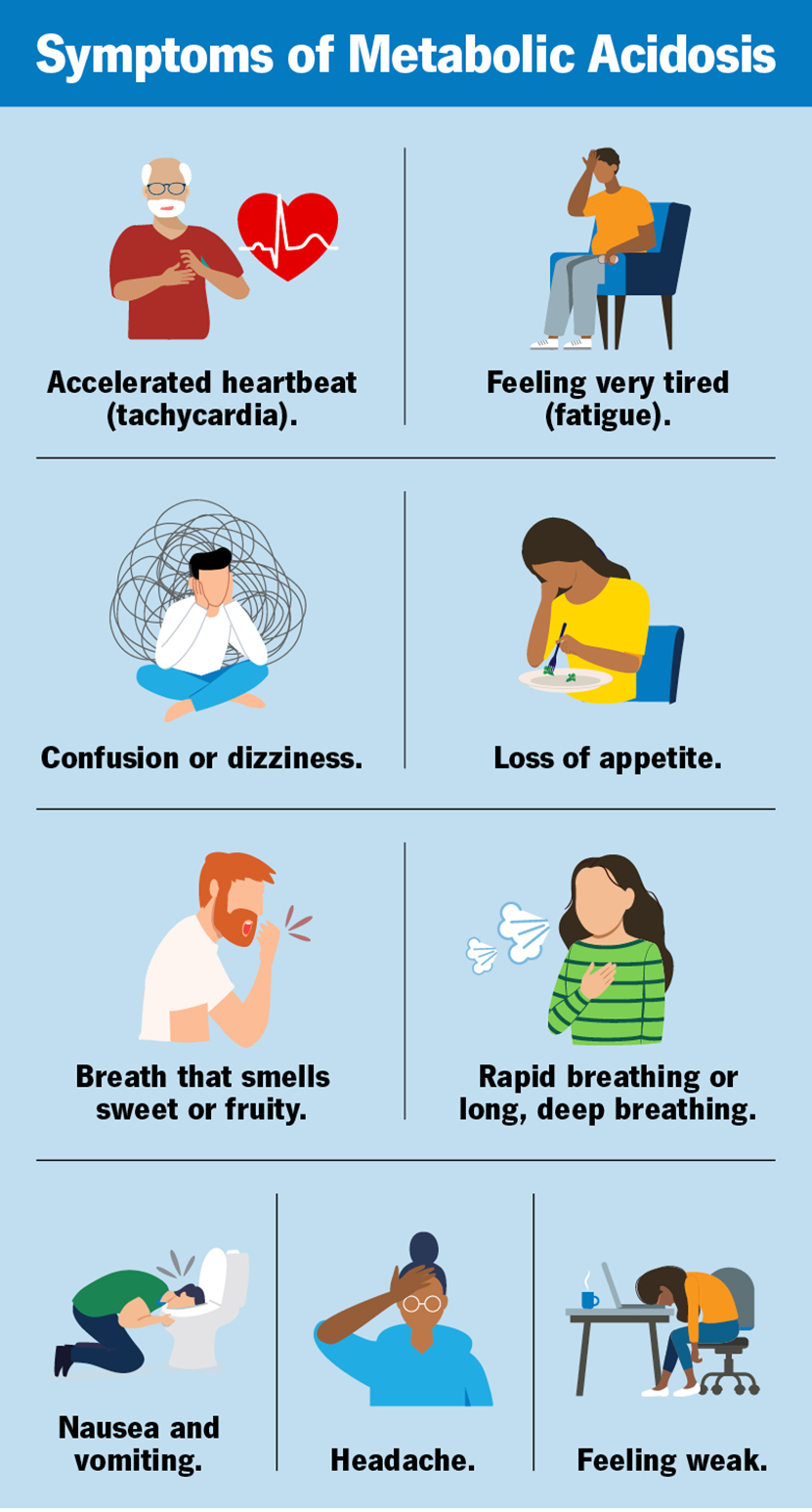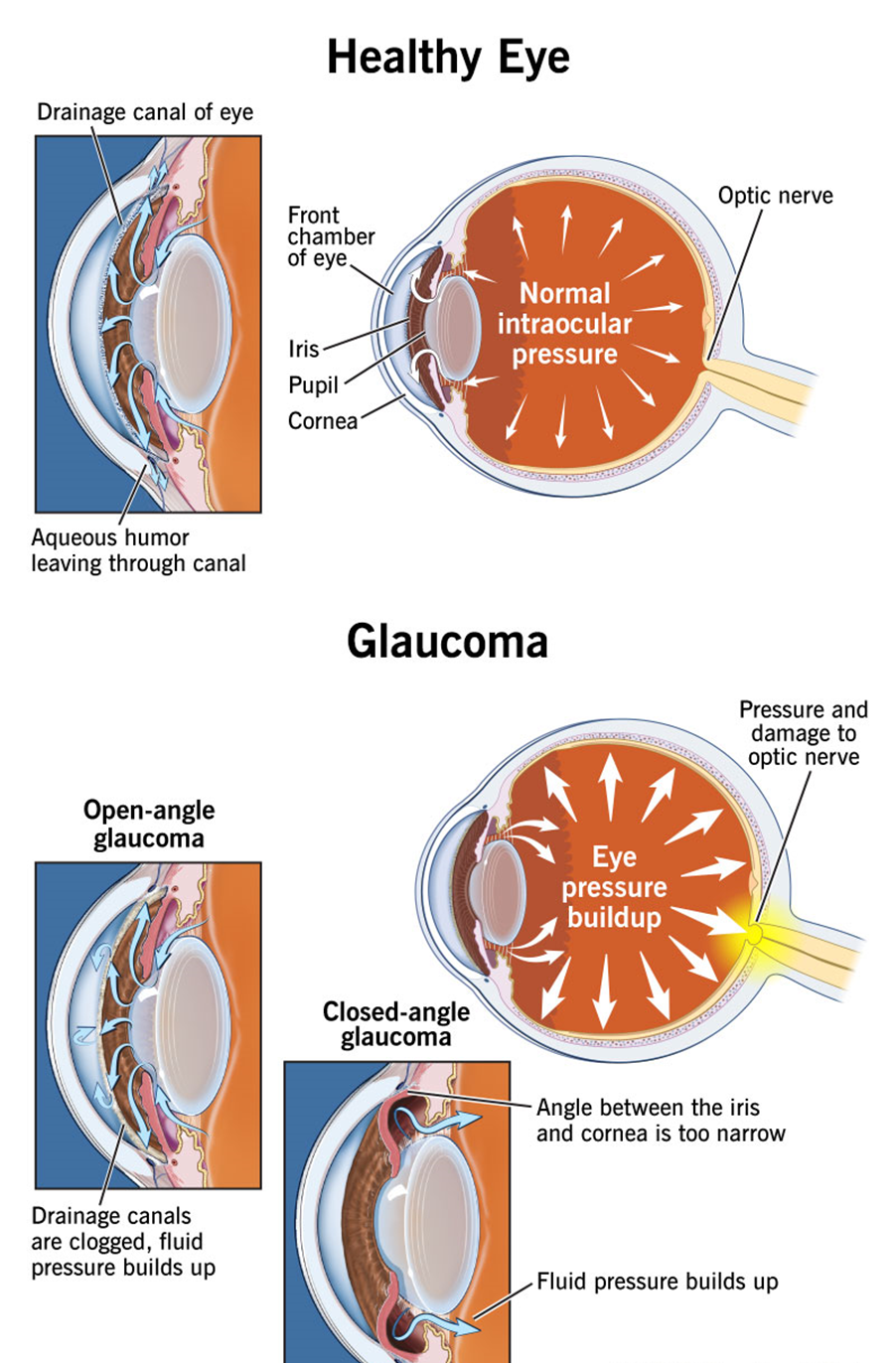A nurse is caring for a client with an opioid overdose. The nurse should identify the client is at risk for which acid-base imbalance?
Metabolic acidosis
Respiratory acidosis
Respiratory alkalosis
Metabolic alkalosis
The Correct Answer is B
Choice A reason: Metabolic acidosis is characterized by a decrease in blood pH due to an accumulation of acids or a loss of bicarbonate. It can result from conditions such as diabetic ketoacidosis, renal failure, or severe diarrhea. However, it is not typically associated with opioid overdose. Opioid overdose primarily affects the respiratory system, leading to hypoventilation and respiratory acidosis.
Choice B reason: Respiratory acidosis occurs when there is an accumulation of carbon dioxide (CO2) in the blood due to hypoventilation. Opioid overdose depresses the central nervous system, leading to decreased respiratory rate and depth, which causes CO2 retention. This results in a decrease in blood pH, leading to respiratory acidosis. Symptoms may include confusion, lethargy, and shortness of breath.
Choice C reason: Respiratory alkalosis is characterized by a decrease in blood CO2 levels due to hyperventilation. It can occur in conditions such as anxiety, fever, or high altitude. Opioid overdose, however, causes hypoventilation rather than hyperventilation, making respiratory alkalosis an unlikely outcome.
Choice D reason: Metabolic alkalosis is characterized by an increase in blood pH due to an accumulation of bicarbonate or a loss of acids. It can result from conditions such as prolonged vomiting, diuretic use, or excessive bicarbonate intake. Opioid overdose does not typically lead to metabolic alkalosis. The primary concern with opioid overdose is respiratory depression and the resulting respiratory acidosis.
Nursing Test Bank
Naxlex Comprehensive Predictor Exams
Related Questions
Correct Answer is C
Explanation
Choice A Reason:
Hyperkalosis is incorrect. Hyperkalosis refers to an elevated level of potassium in the blood, which is not directly related to the pH level. While hyperkalemia can occur in acidosis, it is not the primary condition indicated by a low pH
Choice B Reason:
Hyponatremia is incorrect. Hyponatremia refers to low sodium levels in the blood. It does not directly affect the pH level and is not indicated by the pH value provided.
Choice C Reason:
Acidosis is correct. The normal pH range for arterial blood is 7.35 to 7.45. A pH of 7.10 is below this range, indicating that the blood is too acidic. This condition is known as acidosis.

Choice D Reason:
Alkalosis is incorrect. Alkalosis refers to a condition where the blood pH is higher than the normal range, indicating that the blood is too basic. A pH of 7.10 is too low, not too high, and therefore indicates acidosis.
Correct Answer is C
Explanation
Choice A reason: Asthma
Diphenhydramine is an antihistamine that can cause drying of the airways and thickening of bronchial secretions, which might exacerbate asthma symptoms. However, it is not strictly contraindicated in asthma patients. Instead, caution is advised, and it should be used under medical supervision if necessary.
Choice B reason: Hypertension
While diphenhydramine can cause mild increases in blood pressure due to its anticholinergic effects, it is not contraindicated in patients with hypertension. Patients with hypertension should use it cautiously and under medical advice, but it is not an absolute contraindication.
Choice C reason: Glaucoma
Diphenhydramine is contraindicated in patients with glaucoma, particularly closed-angle glaucoma. This is because diphenhydramine has anticholinergic properties that can increase intraocular pressure, potentially worsening the condition. Patients with glaucoma should avoid using diphenhydramine to prevent complications related to increased eye pressure.

Choice D reason: Depression
Diphenhydramine is not contraindicated in patients with depression. However, it can cause drowsiness and sedation, which might affect mood and energy levels. Patients with depression should use it cautiously and under medical supervision, but it is not an absolute contraindication.
Whether you are a student looking to ace your exams or a practicing nurse seeking to enhance your expertise , our nursing education contents will empower you with the confidence and competence to make a difference in the lives of patients and become a respected leader in the healthcare field.
Visit Naxlex, invest in your future and unlock endless possibilities with our unparalleled nursing education contents today
Report Wrong Answer on the Current Question
Do you disagree with the answer? If yes, what is your expected answer? Explain.
Kindly be descriptive with the issue you are facing.
